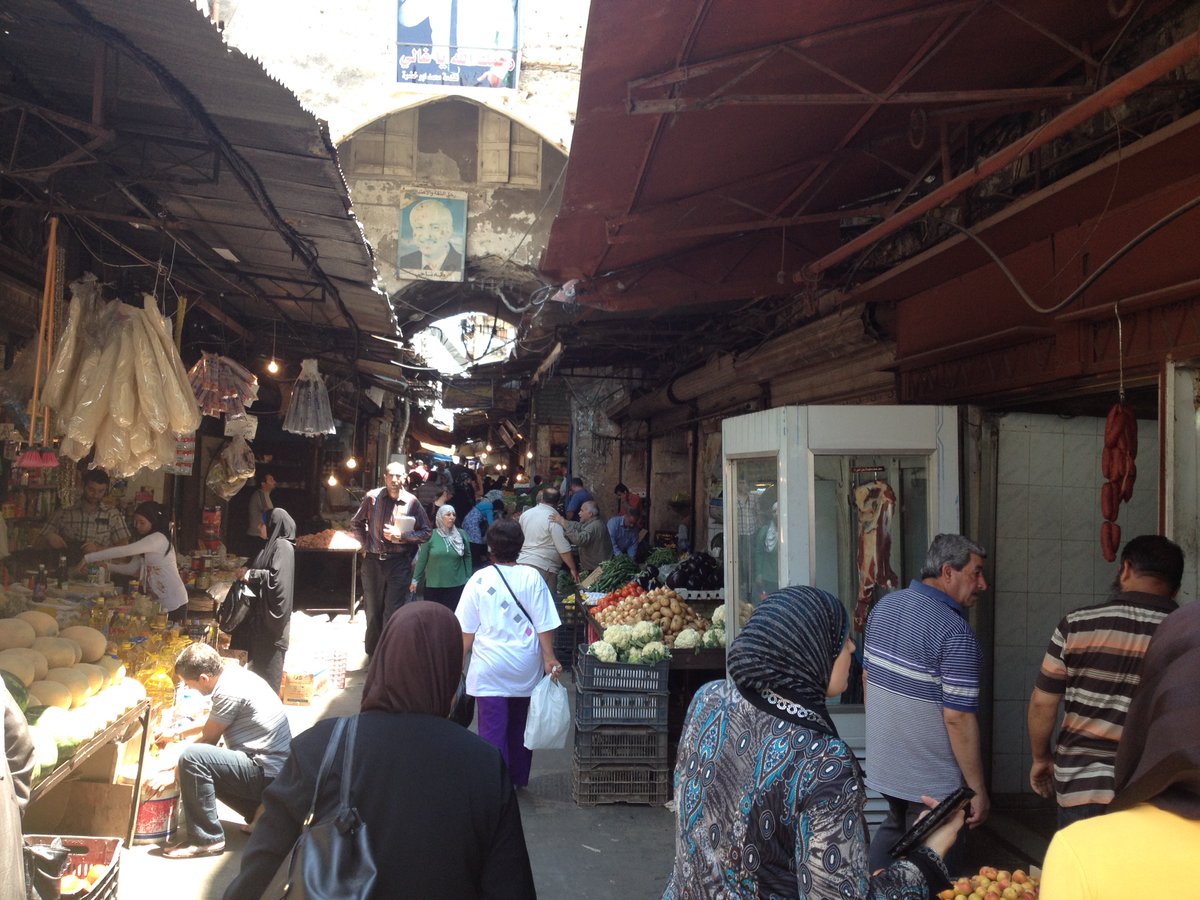
The #BedofProcrustes 3rd Ed: so far 100 new aphorisms. 

The #BedofProcrustes 3rd Ed: so far 100 new aphorisms, page 2. 

The #BedofProcrustes 3rd Ed: so far >100 new aphorisms, page 3. 

• • •
Missing some Tweet in this thread? You can try to
force a refresh








